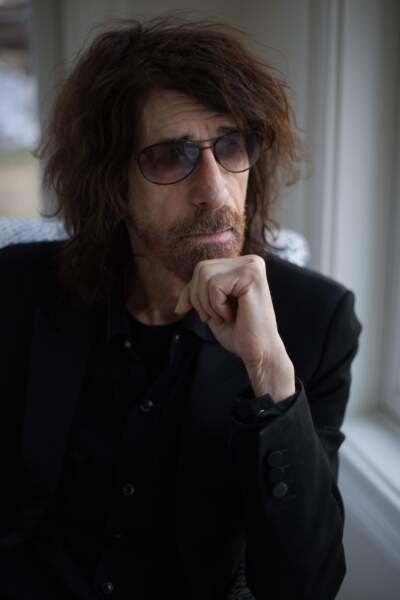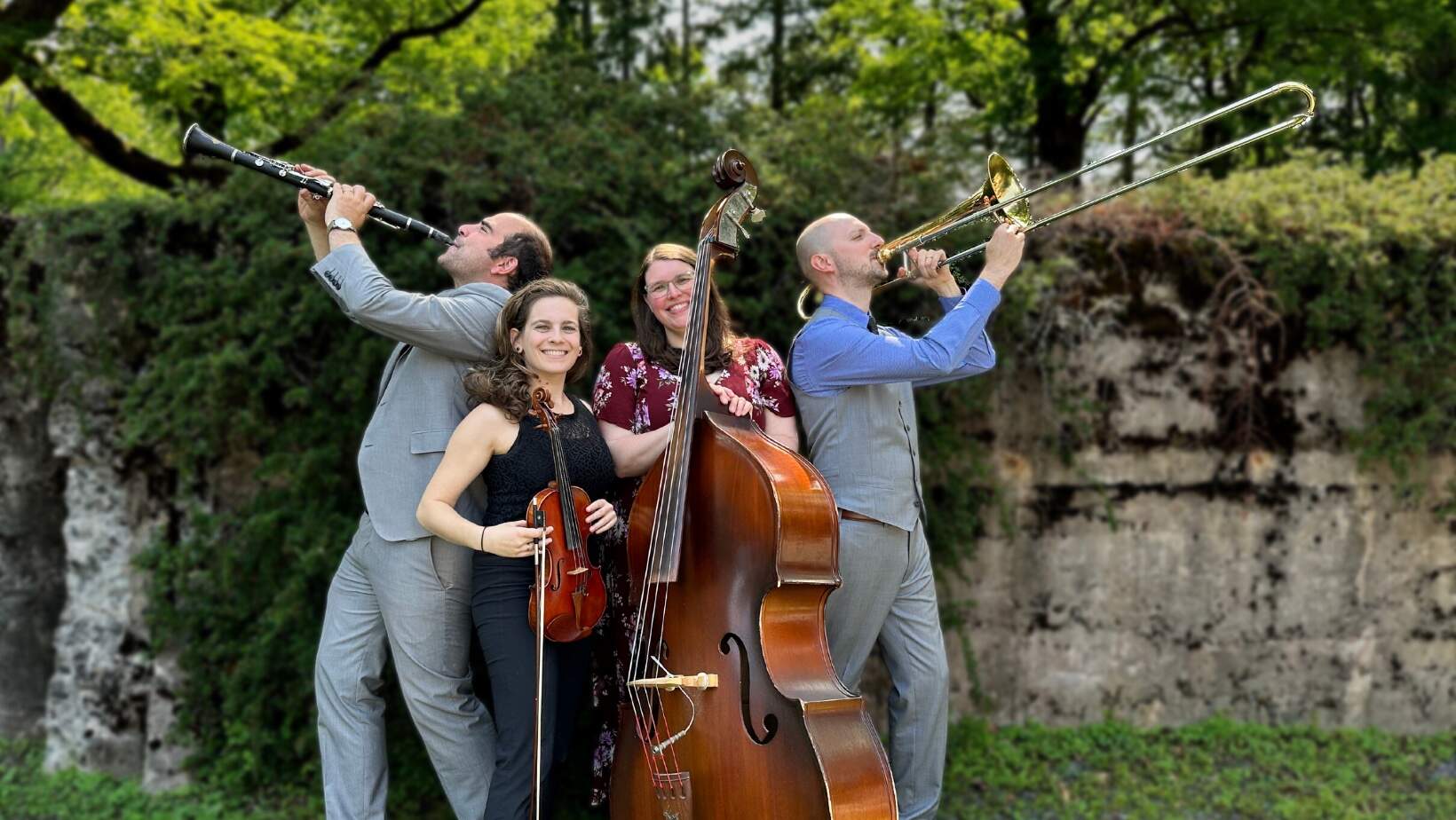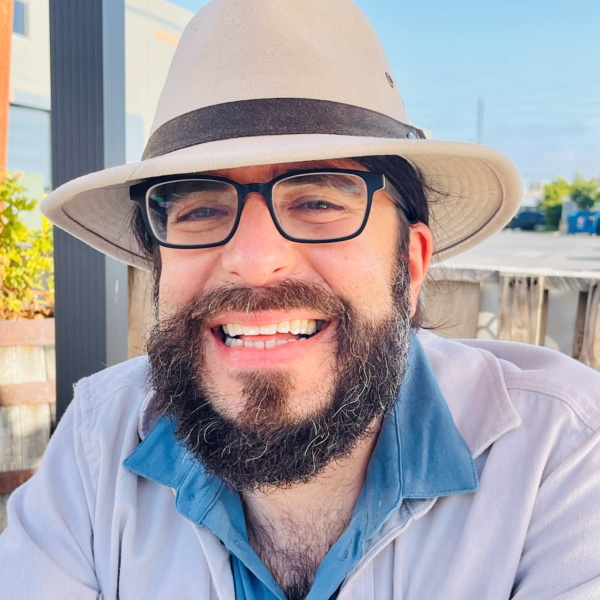Advertisement
Boston musicians on performing at the Kennedy Center

Boston rock legend Peter Wolf fondly remembers the last time he was booked to appear at the John F. Kennedy Center for the Performing Arts: A 1997 star-studded tribute to Muddy Waters that was broadcast on PBS. Wolf was looking forward to bringing the book tour for his new memoir “Waiting on the Moon” to the storied Washington, D.C. arts complex this month.
But a few weeks prior to the engagement Wolf canceled the event, citing the recent upheaval at the Kennedy Center, which has seen the organization’s president and members of its board of supervisors fired. Besides installing his own set of board appointees, President Trump has appointed himself chairman and his special envoy Richard Grenell is now the center’s president. A number of artists have canceled their appearances and the producers of the musical “Hamilton” pulled a planned 2026 run.

For the Boston artists invited to perform at the Kennedy Center, the news has resulted in soul searching – and different decisions about how to proceed.
Wolf says that seeing longtime Kennedy Center leaders removed was “really quite stunning and shocking and surprising, and it wasn’t because people were not doing a competent job or that there was any problem. It seemed like a coup d'état, and as time moved on it just bothered me.”
Canceling his event, Wolf says, was a way to “show my disapproval with what had taken place.”
Over his career the former The J. Geils Band frontman has generally not been a politically outspoken artist, and “Waiting on the Moon” is mostly devoted to recounting Wolf’s time with his heroes like Waters and friends like Van Morrison and David Lynch, not social commentary.
“I actually think the book is a good diversion from all of [current] politics – it represents a time in the arts when so many of these pressures didn’t exist. Before social media it was a different landscape, and I try not to combine politics with my performances,” says Wolf, who notes that when he announced the news it was met with some backlash on his own social media channels.
“I wasn’t looking to be jumping on a political bandwagon, it’s just that this was so unnecessary that I had to do something.”
Some of the Boston-connected artists associated with the Kennedy Center are remaining mum for now. New England Conservatory faculty member Jason Moran has been the Kennedy Center Artistic Director for Jazz since 2011. An April concert that has Moran leading an all-star band that includes Boston drummer and Berklee faculty member Terri Lyne Carrington is still scheduled. Carrington did not reply to a request for comment. Moran’s manager Louise Holland says the pianist/composer did not have time for an interview and would have had “nothing to add.”
Advertisement
After much soul searching the Boston-based Ezekiel's Wheels Klezmer Band decided to go ahead with their performance last week. The performance had been booked months before the current upheaval, and when the group gathered at a rehearsal for the tour that included the date, “we didn’t even pick up our instruments for two hours” while the band debated whether they wanted to proceed with the appearance, says violinist Abigale Reisman.

“It wasn’t an easy decision, but one of the main factors was that we were appearing as part of the Center’s Social Impact Series,” she says. While the Kennedy Center board has been replaced, the programmers and production staff who arranged the free Millennium Stage show are still working there, and Reisman said “It felt really important to play for that mission and for the people who are standing up for it.”
Of the band’s Yiddish-language songs, clarinetist Nat Seelen says “The music that we play is about the immigration experience. One of our songs is a Yiddish working song about how a tailor works all day and then they form a union and his working conditions improve. And now that generations’ children and grandchildren are playing at the Kennedy Center, and that’s a great message.” Many of the Ashkenazi Jewish melodies played by the group originated in Ukraine, and after the show Reisman had an emotional conversation with an audience member who had been directly impacted by the shifting U.S. foreign policy in that region.
Bassist/vocalist Kristin Lamb says, “We wanted to take the space and use our talking points to introduce what we’re playing and link it to current events and topics, and we felt that showing up would have a bigger impact than canceling the show and posting about it online.”
Noting how important the band thought it was to represent Ashkenazi Jewish culture in the series, Seelen says that if all the diverse artists invited to play the Kennedy Center stopped showing up, “there is no more diversity to their programming.”
“We don’t fault anyone for making a different decision,” adds Lamb. “‘Hamilton’ or Issa Rae canceling is a different way to make an impact.”
“The Kennedy Center has a certain aura to it – it’s a high profile place with a strong association with culture that people respect,” says Michael Tarbox, a Boston-area roots musician who made his Millenium Stage debut last year. Tarbox, who grew up in a family that was inspired by President Kennedy’s commitment to culture, says he’s appalled by the changes – but that he’d play there again if the same programming team remained in place. “These are people with a lot of integrity, and I can’t imagine them staying there if they were feeling compromised,” he says.
